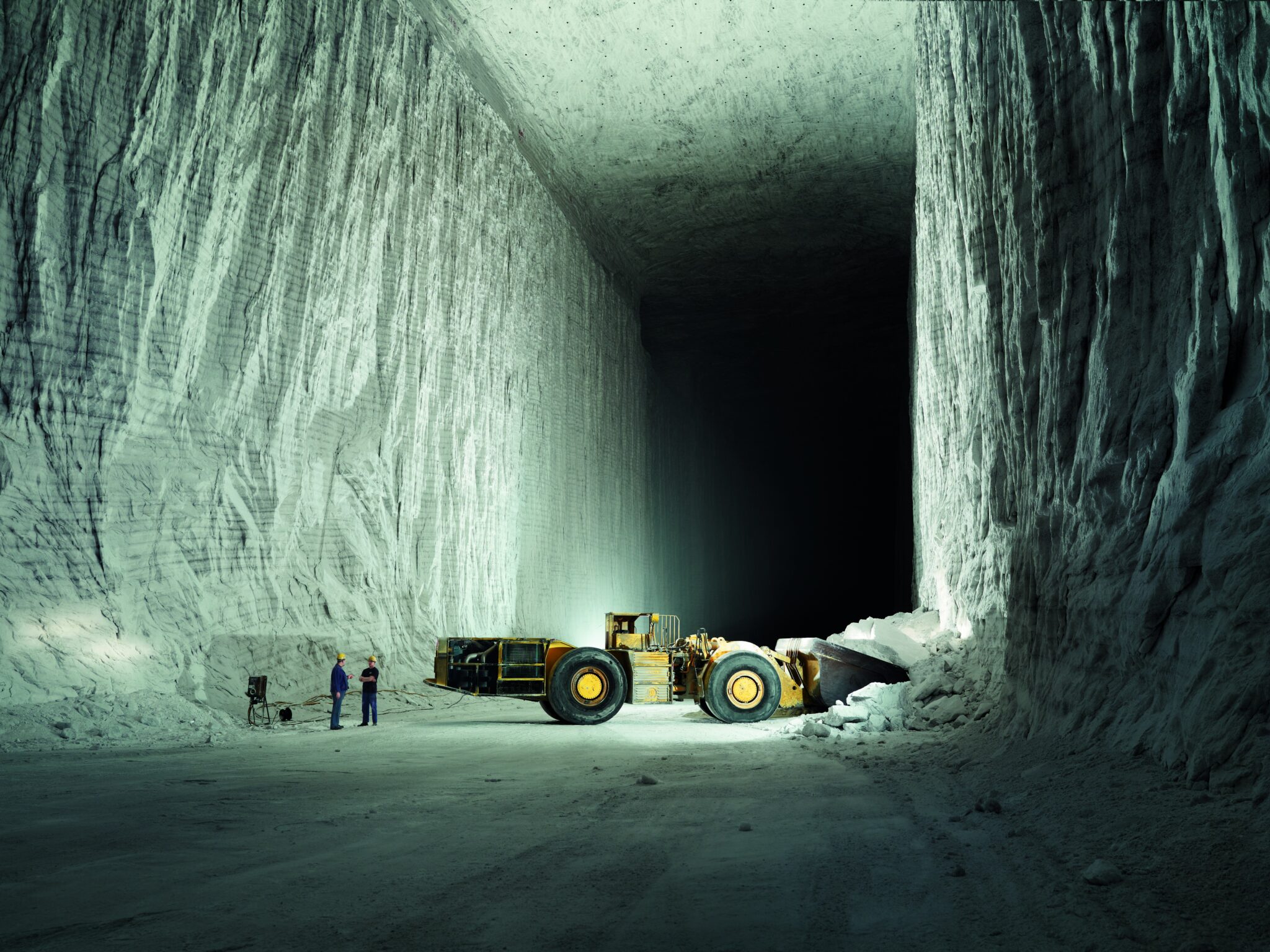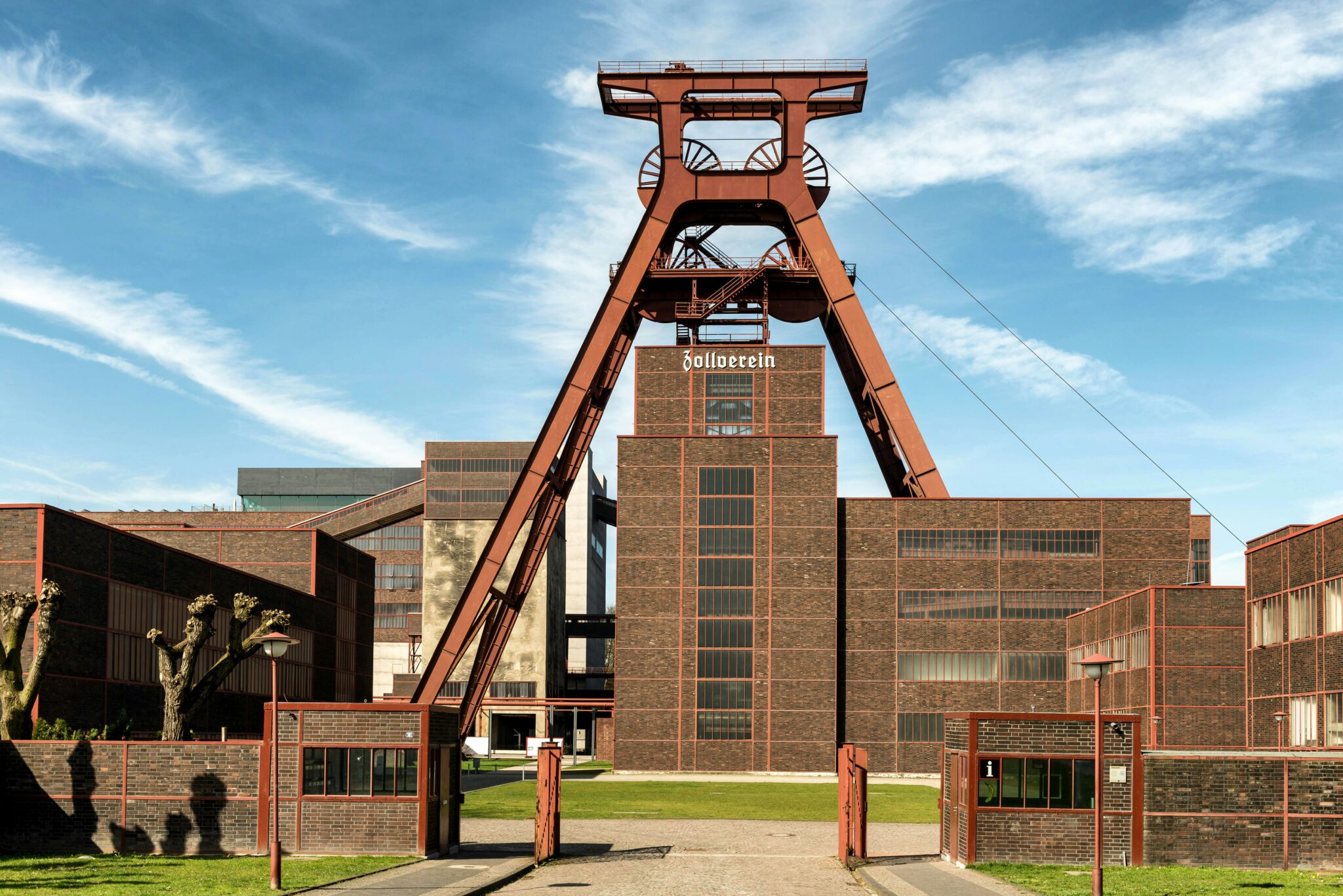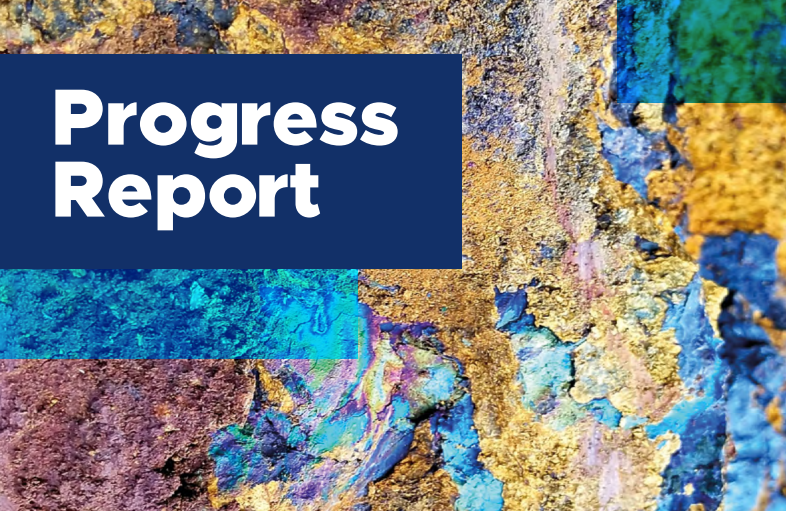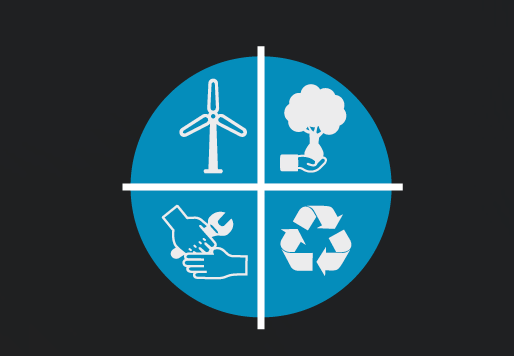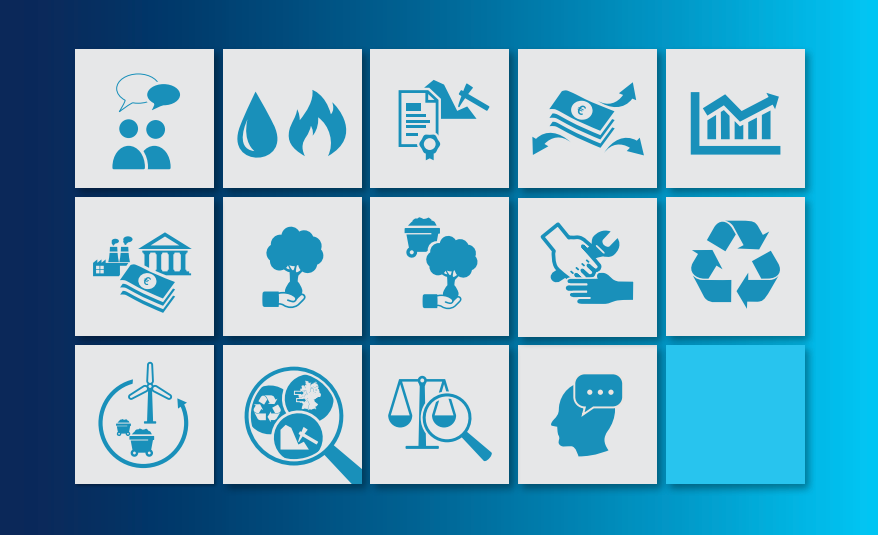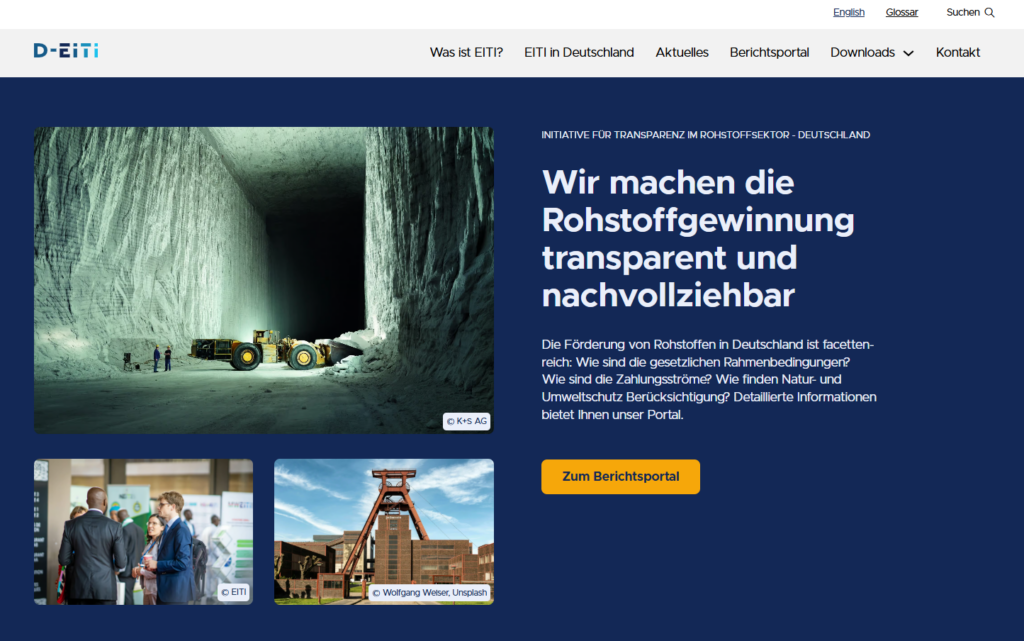We make resource extraction transparent and comprehensible
Resource extraction in Germany is diverse: What are the legal frameworks? Which payment flows do exist? How are human interventions in nature dealt with? This portal provides you with detailed information.
News
New EITI Progress Report published
15. April 2025

Updates on Circular Economy and Recycling
11. April 2025

Short version of the 7th D-EIT report online
3. April 2025

New Website for D-EITI
1. April 2025

Contribution of the German raw materials industry
- More than0Billion euros to GDP
- About0Million euros government revenue
- Nearly0Thousand employees
- Over0Billion euros to export
Recently updated reporting content
Approval of mining projects
What are the legal frameworks?
Licences and contracts
What are the legal frameworks?
Beneficial Ownership
What are the legal frameworks?
Rules for prevention of corruption
What are the legal frameworks?
